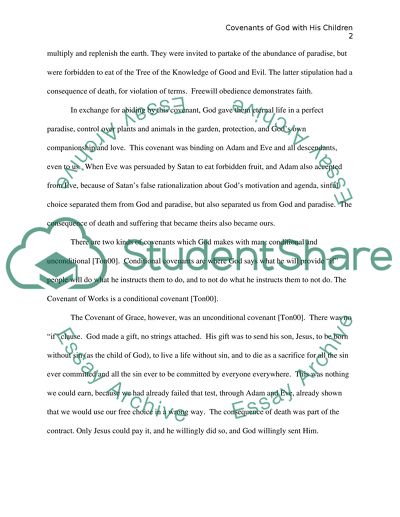Cite this document
(“Covenants of God with His Children. Pentateuch discussion Research Paper”, n.d.)
Retrieved from https://studentshare.org/religion-and-theology/1394557-covenants-of-god-with-his-children-pentateuch-discussion
Retrieved from https://studentshare.org/religion-and-theology/1394557-covenants-of-god-with-his-children-pentateuch-discussion
(Covenants of God With His Children. Pentateuch Discussion Research Paper)
https://studentshare.org/religion-and-theology/1394557-covenants-of-god-with-his-children-pentateuch-discussion.
https://studentshare.org/religion-and-theology/1394557-covenants-of-god-with-his-children-pentateuch-discussion.
“Covenants of God With His Children. Pentateuch Discussion Research Paper”, n.d. https://studentshare.org/religion-and-theology/1394557-covenants-of-god-with-his-children-pentateuch-discussion.


